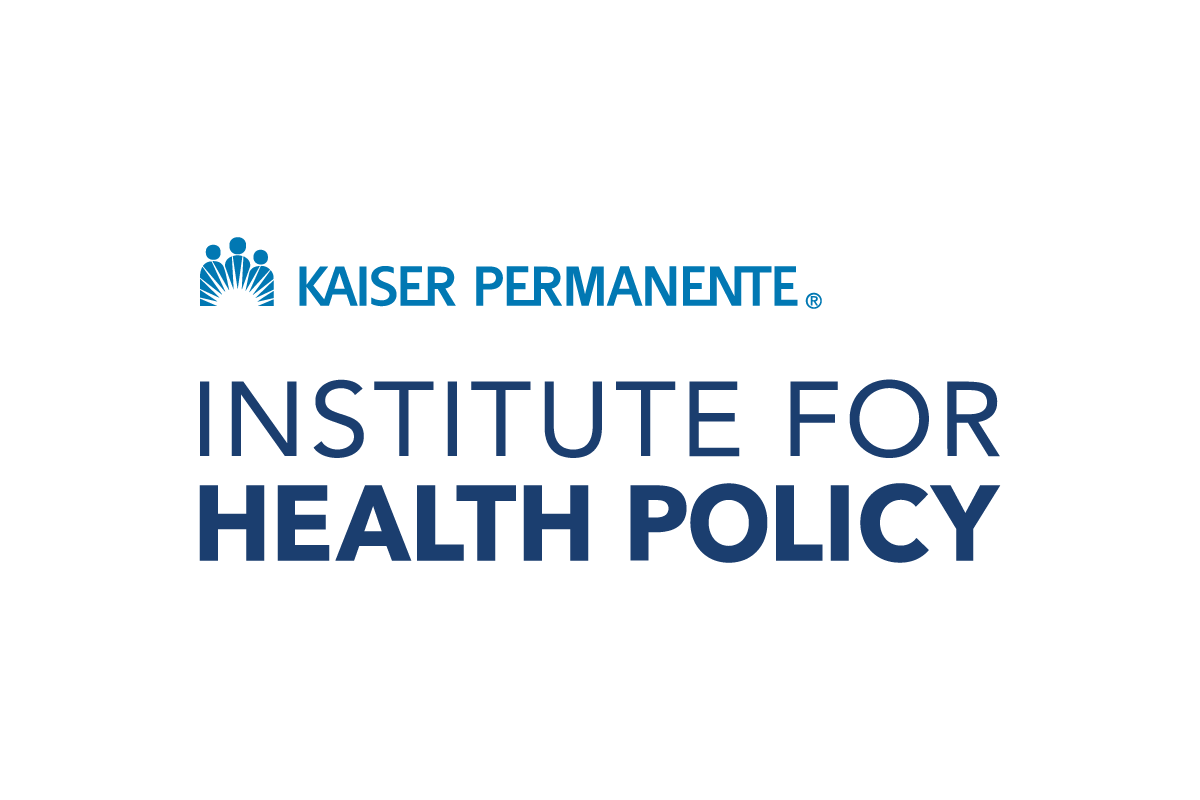
As the COVID-19 pandemic surges, many people across the country are facing serious financial challenges. The July 2020 U.S. unemployment rate is more than twice as high as a year ago. In addition, many who kept their jobs have seen their hours reduced and are also facing economic stresses. In a recent survey of Kaiser Permanente members, 21% said their jobs were at risk and 17% were struggling to pay bills.
Policymakers are ordering temporary bans on evictions to reduce the risk that financial challenges will lead to increased rates of homelessness in the coming months. The most recently announced federal eviction moratorium expires at the end of the year, however. Many renters then will face the challenge of paying rent for the current month and for any additional rent payments they missed due to hardships caused by the pandemic.
Communities of color are particularly at risk. In a June Census Bureau survey, almost half (45%) of African Americans and Latinx respondents said they had only slight or no confidence that they would be able to pay the next month’s rent, compared to 20% of white renters who said the same.
People of color already faced disproportionately high rates of evictions and homelessness, a result of historic, deep-rooted inequities that impact financial security. This includes “redlining,” a discriminatory, race-based housing loan appraisal method used by the federal government from the 1930s through the 1970s. During this time, people of color were systematically denied loans and steered away from predominantly white neighborhoods, making it challenging to build wealth, as housing values rose in neighborhoods with access to loans. Similarly, before the 2008 economic downturn, Black and Latinx borrowers were targeted by banks for mortgages with higher fees and interest rates than white borrowers with similar credit histories. As a result, many lost their homes to foreclosure when the housing market bubble burst. People of color face other forms of discrimination in areas such as employment, too, which can impact financial and housing security.
Roles for health systems
Housing instability has detrimental health effects, and the effects of homelessness are particularly severe. People who are homeless are more likely to become ill, more frequently hospitalized, and more likely to die at a younger age compared to the general population. During this pandemic, the impacts are even more devastating, since staying home is an important way to reduce the risk of COVID-19 exposure.
Partnerships to expand housing and economic supports
To address immediate housing needs, health systems can support community partnerships. For example, Kaiser Permanente committed $6 million to help launch Keep Oakland Housed, a joint fund that delivers emergency rental assistance to help tenants cover rent payments and provides legal representation and other supportive services. In Oregon, we partnered with Project Access NOW to help Kaiser Permanente members with temporary housing, emergency rental assistance, and other related needs. Kaiser Permanente clinicians and staff can request assistance for members online, get an immediate determination of service eligibility, and then print vouchers for members, allowing them access to those services.
More broadly, Kaiser Permanente created a $200 million Thriving Communities Fund that invests in projects and initiatives to develop new affordable housing and preserve existing affordable housing. Kaiser Permanente is supporting work being done by the National Health Care for the Homeless Council to protect people experiencing homelessness during the COVID-19 pandemic. We also have pledged support for the state of California’s Project Homekey to expand housing for residents who are currently homeless, by buying and updating hotels, motels, vacant apartment buildings, residential care facilities, and tiny houses to expand affordable housing options. Additional Kaiser Permanente housing stability supports are being rolled out in the coming months.
Kaiser Permanente also is addressing underlying racial inequities that can impact financial and housing security. This includes Kaiser Permanente’s recent commitments of $60 million in joint investments and $15 million in grant funding to support businesses led by Black and other underrepresented communities and expanded commitments to workplace inclusiveness and supplier diversity.
Connections to community housing supports
Kaiser Permanente created the program to assess members’ social needs and connect them to housing, food, transportation, and other services. We recently updated our online directory of community organizations that can address needs, including housing challenges, that have emerged during the pandemic.
Kaiser Permanente employees can access the directory to help our members, and we recently opened a call center, Thrive Local Connections, to link our members directly to these organizations. Members will receive emails about the program and be able to access it through our kp.org website.
Policy change
Health systems can also support policy change. Kaiser Permanente is a founding member of 2 coalitions — the Mayors and CEOs for U.S. Housing Investment and the Healthcare Anchor Network — that are promoting policies to address affordable housing and homelessness.
Mayors and CEOs for U.S. Housing Investment is a bipartisan coalition of mayors and private- and nonprofit-sector companies and health systems advocating for policy and funding reforms. The coalition is advocating for emergency rental assistance and funding for Homeless Assistance Grants and Community Development Block Grants that can be used for housing.
The Healthcare Anchor Network, a national collaboration of more than 50 health systems, is partnering with advocacy groups to advance affordable housing policies. The coalition has asked Congress to provide emergency rental assistance and bolster support for other affordable housing programs.
Kaiser Permanente is proud to continue its commitment to addressing housing, recognizing that this is a critical health issue for our members and the communities we serve. We are learning from our partners with deep expertise in affordable housing and homelessness, and we are glad to see many health systems increasingly engaged in these issues. We will continue seeking ways to move toward a world where everyone has safe, affordable, stable housing.
For additional information on Kaiser Permanente’s ongoing work to increase affordable housing and address homelessness, see:

